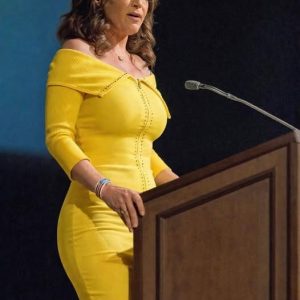I have a 16-year-old daughter from my first marriage. Her late father left her $50,000, which I’ve been managing for her until she turns 18. I also have a 9-year-old daughter with my current husband.
We wanted our youngest to attend the same private school as her sister, giving them both the same opportunities. Since we were struggling financially, we decided to use some of the money her late father had left behind.
When my eldest found out, she was furious. She looked me straight in the eye and said, “You’ll regret this.” At the time, I brushed it off as teenage anger.
The next morning, I walked into the living room and froze. She was sitting quietly with a packed suitcase beside her. Her eyes were red from crying. She whispered, “Mom, I don’t feel like this is my home anymore.”
My heart shattered. It wasn’t just about the money. To her, that money was the last tangible connection to her late father—a symbol of his love and care for her future. By using it for someone else, I had unknowingly betrayed her trust.
I sat beside her, holding her trembling hands, and broke down in tears. I told her how deeply sorry I was and that I never meant to hurt her. We spent hours talking, finally letting out the pain and misunderstandings that had built up over time.
That evening, I spoke with my husband. We made a promise: we would repay every cent we had used, even if it meant taking on extra jobs or cutting back on luxuries.
Since then, our family has been slowly healing. My eldest has begun to open up again, though I know rebuilding her trust will take time.
This experience taught me a powerful lesson: love isn’t just about treating everyone equally—it’s about respecting each person’s story and feelings. Sometimes, the greatest gift we can give our children isn’t money or opportunities, but understanding, patience, and a safe space where their hearts are heard.




